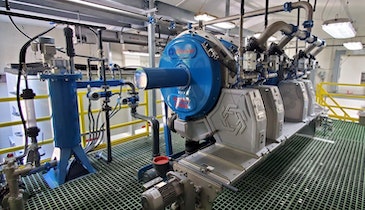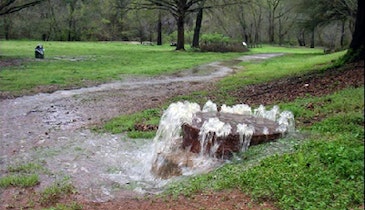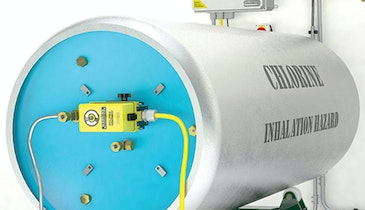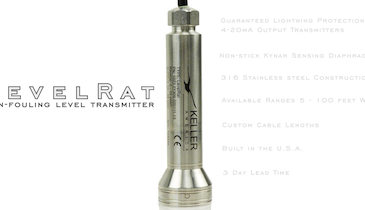The Michigan Department of Health and Human Services recently announced $49 million in grant funding to support 19 projects around the state to monitor COVID-19 via wastewater surveillance.
“Wastewater surveillance is so important to identifying COVID-19 infections and community transmission early, and is especially important as we move to a new phase of fighting this pandemic,” said Joseph Khaldun, chief medical executive and deputy for MDHHS, according to WLNS News. “If our rates of infection start to increase, this network may provide an early warning sign and help communities target public health actions to prevent further spread.”
EPA Administrator Tours Milwaukee Water Project to Promote $1.2 Trillion Infrastructure Plan
In a recent visit to Milwaukee, Wisconsin, Environmental Protection Agency Administrator Michael Regan talked about a federal infrastructure plan that aims to support the city’s $800 million project to replace its lead service lines.
City leaders toured a water infrastructure project with Regan, according to the Milwaukee Journal Sentinel.
The Biden administration’s $1.2 trillion infrastructure plan has set a goal of eliminating all the lead service pipes in the nation.
Study Finds Low-Income Communities More Likely to Deal With Nitrate Contamination
A recent analysis by the Environmental Working Group finds that lower-income communities in the Midwest are more likely to deal with nitrate contamination in their drinking water.
The analysis of state test data found that in Iowa, Minnesota and Wisconsin, communities with elevated nitrate in drinking water were more likely to have median household incomes lower than the state median.
Smaller communities have the highest costs per person, because costs are shared by fewer residents. Small, lower-income communities are likely to struggle the most to afford expensive nitrate treatment.
Read about the analysis here.






